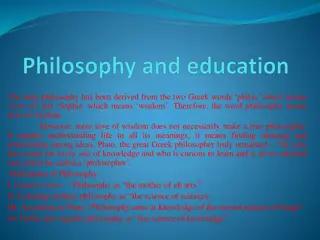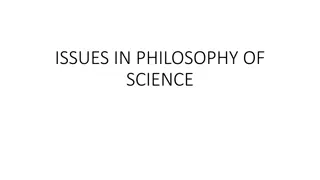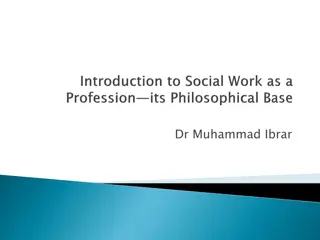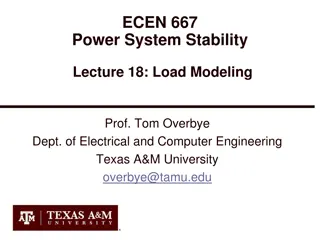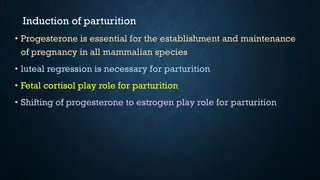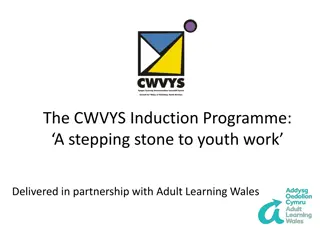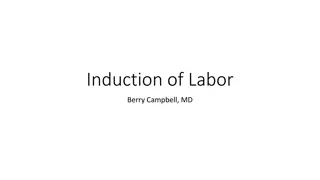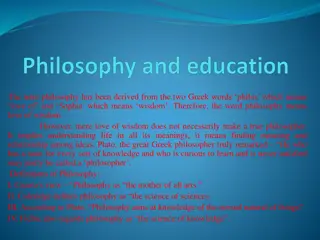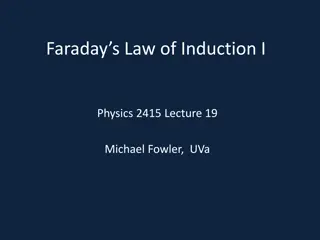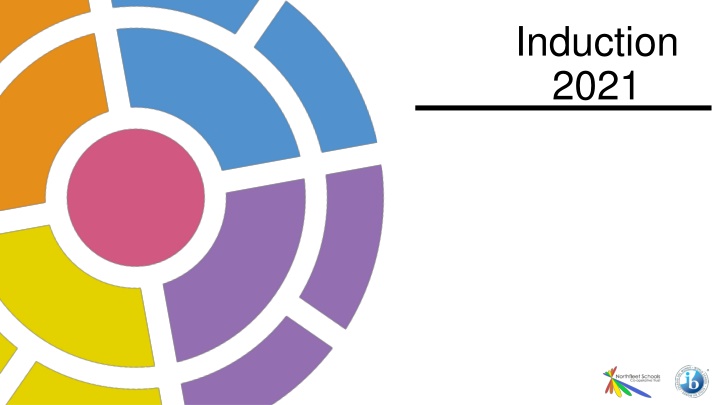
Exploring IB Philosophy: Course Overview and Curriculum Details
Dive into the world of IB Philosophy with Miss Stibbons and Miss Dyer as your guides. Discover the engaging course content, examination structure, and supporting activities designed to stimulate intellectual curiosity and critical thinking. Explore topics ranging from ethics to metaphysics and hone your philosophical skills through interactive sessions and assessments.
Download Presentation

Please find below an Image/Link to download the presentation.
The content on the website is provided AS IS for your information and personal use only. It may not be sold, licensed, or shared on other websites without obtaining consent from the author. If you encounter any issues during the download, it is possible that the publisher has removed the file from their server.
You are allowed to download the files provided on this website for personal or commercial use, subject to the condition that they are used lawfully. All files are the property of their respective owners.
The content on the website is provided AS IS for your information and personal use only. It may not be sold, licensed, or shared on other websites without obtaining consent from the author.
E N D
Presentation Transcript
Induction 2021
IB Philosophy In your groups, make up a definition of Sociology. nxnxnxbxb
Miss Stibbons subject specific interests: Introduction to Staff -Philosophers and Religious Truth: The Classical and Modern Debate -Ethics, Philosophy and Literature -The Problem of Evil -The Concept of Natural Law -Applied Ethics -Early, Modern and Contemporary Philosophical Theology Miss Stibbons And Miss Dyer are the teachers of IB Philosophy. Both Miss Stibbons and Miss Dyer have a BA degree in Religion, Philosophy and Ethics from King s College, University of London. The department has over 14 years teaching experience which includes: Religious Studies, Philosophy and Ethics (GCSE and AS/A Level) -14 years PSHE - 14 years IB Philosophy 1 year IB World Religions 2 year Citizenship (GCSE) 3 years EPQ (Equivalent to half an A Level) - 5 years General Studies (A Level) 3 years Critical Thinking (A Level) 3 years Favourite area: The Ethics of Homicide Miss Dyer s subject specific interests: -The search for meaning -Philosophy of Religion -Law and Ethics in the Old Testament -New Religious Movements in a Global Perspective -Applied Ethics -Metaphysics Examiner Experience: AQA GCSE Religious Studies 5 years Favourite area: The Design Argument
What are we going to cover? This Philosophy course provides an opportunity for students to engage with some of the world s most interesting and influential thinkers. The emphasis is on doing philosophy , that is, on actively engaging students in philosophical activity. The course is focused on stimulating students intellectual curiosity and encouraging them to examine both their own perspectives and those of others.
Course Content Topics Covered Paper Length Percentage Weighting Part 1: Section A: Questions on the core theme Being Human Section B: Questions on the optional themes: Ethics and the Philosophy of Religion 2 hours 40% Part 2: Questions on a Philosophical Text covered. 1 hour 20% Part 3: This paper consists of one unseen text. Students are required to write a response to this text, comparing and contrasting their experience of philosophical activity with the view(s) of philosophical activity found in the text. 1 hours 20% Part 4:Internal Assessment Students should select a non-philosophical stimulus and should identify a philosophical issue raised by the stimulus and analyse it in a philosophical way. N/A 20%
Supporting Activities Trips to Philosophy Conferences Guest Speakers/Visitors. Revision classes. Lunchtime/after school Additional Stretch and Challenge sessions- Push for that Grade 7! Additional/Wider Reading. Students as leaders of learning.
Expectations Arriving prepared with all equipment needed for the lesson (folders, classwork, homework etc.) for each subject teacher. 5 hours of work per subject per week. Completing homework which will be set by both subject teachers. Additional/wider reading newspapers, articles, online journals, relevant clips etc. Acting on verbal and written feedback. Revision this subject has exams. Preparing for your coursework and working on this from the beginning of the course. Taking an interest in what is going on in the world as well as a passion and enthusiasm for Philosophy and Ethics.
Transferable skills from KS4/GCSE -knowledge and understanding -application and analysis -synthesis and evaluation -selection, use and application of appropriate skills and techniques -thinking and research skills -comprehension -text analysis -use of primary sources - ability to formulate arguments clearly -ability to make reasoned judgments -ability to evaluate highly complex and multifaceted issues.
Activity1: What is Philosophy? 1. Watch the video at: https://vimeo.com/14348757 2. What are the two most important points that the video makes?
Did you think it was either or both of the following? Philosophy is an activity defined by the use of specific skills which focuses on a variety of important themes, issues and questions. Philosophy focuses on the importance of formulating questions rather than just answering them.
Activity 2: You as Philosopher Philosophy is simply thinking hard about life, about what we have learned, about our place in the world Philosophy is nothing less than the attempt to understand who we are and what we think of ourselves. And that is just what the great philosophers of history, whom we study in philosophy courses, were doing: trying to understand themselves, their times, and their place in the world But philosophy is not primarily the study of other people s ideas. Philosophy is first of all the attempt to state clearly, and as convincingly and interestingly as possible, your own views. That is doing philosophy, not just reading about how someone else has done it. Robert C. Solomon Quoted in Robert C. Solomon and Kathleen M. Higgins, The Big Questions: A Short Introduction to Philosophy, 9th edition (Wadsworth: Cengage Learning, 2013) p.xv -
Activity 2: You as Philosopher Reflection Questions 1. How can understanding other people s views from different times help us understand who we are now? 2. How should we form our own views? Is it only in relation to other philosophers views? 3. Can you do philosophy without having studied philosophy?
Activity 3: Doing Philosophy! Try this: Ask a friend to explain some particular thing. Maybe ask them to explain their own existence or to explain how the school might have come to be? Each time your friend offers an explanation, check if it is a complete explanation by asking, And how did that come about? , referring to the new explanation. You will annoy your friend and discover that a total explanation for anything is very hard to come by!
Activity 4: Thinking Activity Try to design a creature that is unlike anything you have ever experienced. Share your creation with your friends/family. Although it may be entirely new as a whole, can you show how each part has come from something from your everyday experience?
Summer Assignment Task Socialisation is the process through which we learn the norms and values of society. The following activity provides an opportunity to experience philosophy. It is a simple question and completing this activity provides an insight into the comments and advice (given on the next slides) about doing philosophy. Question: Whose life is more important- your life or an insect s?
Summer Assignment Task What is your answer? How would you justify it and demonstrate your philosophical skills at the same time? There are THREE sides to the argument: 1. You are more important. 2. The insect is more important. 3. You are equal to the insect.
Summer Assignment Task Understanding the question and answer Undertake analysis 1. What is important to answering this question from your given perspective? 2. What are the key concepts, methodologies and evidence?
Summer Assignment Task Understanding the question and answer Undertake evaluation 1. How do you decide what is important? 2. What is the criteria to judge your answer by? 3. Do the three positions agree on what is important in terms of concepts (and their interpretations), the methodologies (and their worth) and relevant evidence (and its significance)?
Summer Assignment Task By completing this task you will get to the heart of what good philosophical analysis is an understanding of the different perspectives and their analytical and evaluative frameworks. You must handwrite your response, it should be a minimum of 500 words and a maximum of 1500 words and written in paragraph form. This assignment must be bought with you on your first day of attendance in September.
IB Philosophy Reading List Book based reading list: Jostein Gaarder, Sophie s World: A Novel about the History of Philosophy Nigel Warburton, A Little History of Philosophy Nigel Warburton, Philosophy: The Basics Nigel Warburton, Philosophy: The Classics Julian Baggini, What s it All About? Philosophy and the Meaning of Life Julian Baggini, Philosophy: All that Matters Simon Critchley, The Book of Dead Philosophers Dominique Janicaud, Philosophy in 30 Days Dominique Janicaud, A Beginner s Guide to Philosophy Will Buckingham (et.al.), The Philosophy Book Ben Dupr , 50 Philosophy Ideas (You Really Need to Know) Havi Carel & David Gamez (ed.), What Philosophy Is (Contemporary Thought in Action) Thomas Nagel, What does it all mean? A Very Short Introduction to Philosophy
IB Philosophy Reading List The following volumes in the Oxford University Press s Very Short Introductions series will introduce you to many of the different areas of philosophy that are studied at IB: Edward Craig, Philosophy Julia Annas, Plato Jennifer Nagel, Knowledge Simon Blackburn, Ethics Stephen Mumford, Metaphysics David Miller, Political Philosophy Thomas Dixon, Science and Religion Thomas Flynn, Existentialism
IB Philosophy Reading List Useful video link: https://www.youtube.com/playlist?list=PLbCI302rfxrcbtu- V34jLtgouBNa9VQ5l ((there are many different videos for various aspects of the course here) Useful article links: https://sites.google.com/a/roundrockisd.org/quatro/home/ib- philosophy-reading-and-homework ((at the end there are many attached articles that would be useful for the course) https://plato.stanford.edu/contents.html ((Stanford Encyclopaedia of Philosophy has EVERY key term and idea for Philosophy with attached articles).




